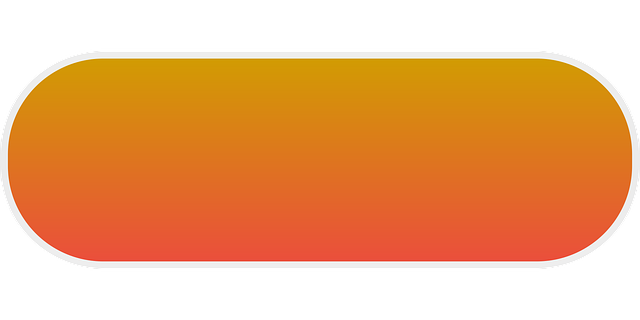AI Biometric Response Tracking revolutionizes diet monitoring by using artificial intelligence to analyze heart rate variability, skin conductance, and body temperature data, providing accurate nutritional assessments without invasive methods. Smart trackers leveraging this technology offer personalized dietary recommendations based on individual patterns, adapting to variations for better health outcomes. While these devices simplify and engage the path to healthy eating, challenges include privacy concerns, complexities in interpreting biometric signals, and the need for long-term validation of their effectiveness.
In today’s digital age, AI biometric response tracking has emerged as a game-changer for managing diets. Smart trackers, armed with advanced algorithms, monitor nutrient intake daily by analyzing biometric data, offering personalized insights and recommendations. This innovative technology promises to revolutionize how we approach dietary management, providing an efficient, data-driven alternative to traditional methods. By understanding AI’s capabilities and evaluating its benefits and challenges, individuals can harness its power for healthier living.
- Understanding AI Biometric Response Tracking: Unveiling the Technology
- How Smart Trackers Revolutionize Daily Nutrient Intake Monitoring
- Benefits and Challenges: Evaluating AI's Role in Dietary Management
Understanding AI Biometric Response Tracking: Unveiling the Technology

AI Biometric Response Tracking is a cutting-edge technology that revolutionizes the way we monitor and manage our diets. This innovative approach leverages artificial intelligence to analyze an individual’s physiological responses, providing insights into their nutrient intake and overall health. By integrating various biometric data points such as heart rate variability, skin conductance, and body temperature, AI algorithms can detect subtle changes in the body’s natural rhythms, offering a non-invasive yet highly accurate method of assessing nutritional status.
Unlike traditional tracking methods that rely heavily on self-reporting, AI Biometric Response Tracking offers an objective and continuous assessment. This technology enables smart trackers to learn individual patterns, adapt to personal variations, and offer tailored recommendations. As a result, users can gain deeper understanding of their dietary needs, make informed choices, and achieve better health outcomes. In the realm of dieting, this advanced monitoring system promises to transform our approach to nutrition, making it more personalized, efficient, and effective.
How Smart Trackers Revolutionize Daily Nutrient Intake Monitoring

Smart trackers are revolutionizing daily nutrient intake monitoring by integrating AI and biometric response tracking into diets. These advanced devices go beyond basic calorie counting, analyzing a user’s dietary patterns and providing personalized insights based on individual health goals and biometric data. With real-time feedback, individuals can make immediate adjustments to their meal choices, ensuring they stay on track with their nutritional plans.
By leveraging AI algorithms, smart trackers can learn from users’ habits and preferences, offering tailored recommendations that cater to diverse dietary needs. This technology not only simplifies the process of healthy eating but also makes it more engaging by providing tangible results and helping users navigate complex food choices. As a result, individuals are empowered to take charge of their health and achieve their nutritional objectives more effectively.
Benefits and Challenges: Evaluating AI's Role in Dietary Management

Smart trackers, leveraging AI and biometric response tracking, offer significant benefits in managing diets. They provide personalized insights into nutrient intake, helping users make data-driven adjustments to their meals. By analyzing dietary patterns and physiological reactions, these tools can identify areas for improvement, such as excessive sugar consumption or lack of essential vitamins, enabling proactive changes to enhance overall health. Additionally, AI algorithms adapt to individual preferences, ensuring a tailored experience that encourages consistent adherence to healthy eating habits.
Despite their advantages, challenges exist in implementing AI biometric response tracking to diets. Privacy concerns around data collection and storage are paramount, as sensitive dietary information must be handled securely. Furthermore, the complexity of human biology means that accurately interpreting biometric signals can be difficult, leading to potential inaccuracies in diet recommendations. Validating the long-term effectiveness and reliability of these technologies also remains crucial, especially as users expect precise and consistent guidance for maintaining sustainable lifestyle changes.
Smart trackers utilizing AI biometric response tracking are transforming daily nutrient intake monitoring. By seamlessly integrating with dietary habits, these devices offer personalized insights and adjustments for optimal health management. While challenges exist, from data privacy concerns to user adoption, the benefits of AI-driven dietary management are undeniable. As this technology continues to evolve, it promises to play an increasingly vital role in helping folks make informed choices about their nutrition.
